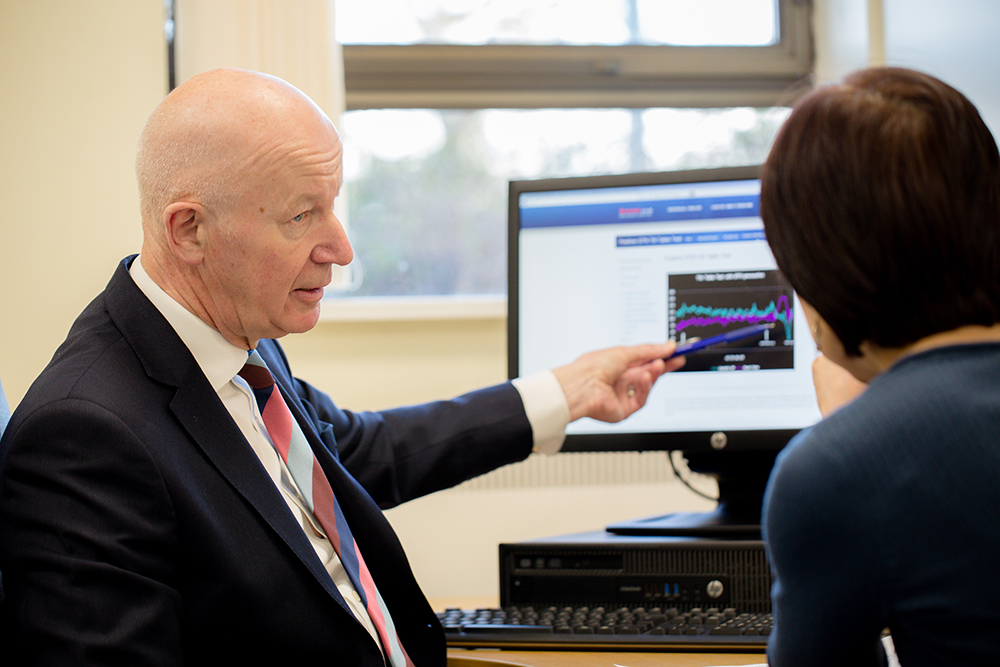The diagnosis of Mast Cell Activation Syndrome presents many challenges.
Firstly, MCAS causes a multitude of symptoms and signs. The commonest are these:
Skin writing (Dermatographia) (76%)
Pain all over the body (Fibromyalgia) (75%)
Near fainting and fainting (71%)
Headache (63%)
Itching/nettle rash (urticaria) (63%)
Tingling (58%)
Nausea/vomiting (57%)
Chills (56%)
Skin swelling that moves around the body (56%)
Eye irritation (53%)
Breathlessness (53%)
Gastrointestinal reflux (50%)
Cognitive dysfunction (49%)
Rashes (49%)
Abdominal pain (48%)
Throat irritation (48%)
Palpitations (47%)
Sweats (47%)
Environmental allergies (40%)
Fever (40%)
Non-anginal pain (40%)
[WPSM_AC id=18139]
Validated questionnaires, such as “Diagnosis of Mast Cell Activation Syndrome” are very helpful in making sense of the very varied clinical presentations of MCAS.
Secondly, laboratory diagnosis of Mast Cell Activation Syndrome is not straightforward, as, unlike Systemic Mastocytosis and Cutaneous Mastocytosis, laboratory tests are usually negative, or, at best, borderline. For example, serum tryptase is usually negative in MCAS, in contrast to mastoctyosis. Other tests such as serum Chromogranin A, plasma Heparin, plasma Histamine and 24h urinary Prostaglandin D2 and urinary N-methyhistamine are more useful, but, again, levels are usually borderline.
In 2008 (updated 2017) WHO published guidelines for the diagnosis of mastocytosis, but not MCAS as the presentation of the latter is so variable.
The diagnostic criteria for mastocytosis are simplified as follows:
Major criterion:
Demonstration of excessive numbers of mast cells on biopsy
Minor criteria:
1: Atypical appearance of at least 25% of mast cells on biopsy
2: Expression of CD2 +or- CD25 in blood, marrow or other organs
3: KIT c816V mutation
4: Persistent elevation of serum tryptase
Diagnosis is confirmed by either 1: the major criterion + any minor criterion, or 2: any three minor criteria.
In clinical practice the diagnosis is usually made on demonstration of excessive numbers of mast cells on biopsy and an elevated serum tryptase.
Currently there are two major proposed guidelines for the diagnosis of MCAS – Consensus 1 (first published 2012 and updated 2019) and Consensus 2 (first published 2011 and updated 2017). Other proposals have been published, but do not seem to have as wide acceptance as yet. Each set of guidelines has its strengths and weaknesses. This diversity clearly demonstrates the difficulty in reaching global guidelines for a multisystem condition with an extremely wide range of symptom presentation.
We currently use the updated Consensus 2 proposed guidelines which are listed below in simplified form:
Consensus 2 criteria, in simplified form, for diagnosis of MCAS:
Major criteria:
1: Constellation of clinical symptoms attributable to increased mast cell activation
Minor criteria:
1: Demonstration of excessive numbers of mast cells on biopsy
2: Expression of CD2 +or- CD25 in blood, marrow or other organs
3: Atypical appearance of at least 25% of mast cells on biopsy
4: Detection of activating mutations in mast cells
5: Evidence (serum, plasma, or urine) of above-normal levels of mast cell mediators including:
tryptase
histamine or its metabolites (e.g., N-methylhistamine)
heparin
chromogranin A (note potential confounders of cardiac or renal failure, neuroendocrine tumours, recent proton pump inhibitor use, or chronic atrophic gastritis)
other relatively specific mast cell specific mediators
6: Symptomatic response to inhibitors of mast cell activation
Diagnosis established upon demonstration of the major criterion combined with at least one minor criterion.
In clinical practice it is, therefore, possible to diagnose MCAS on the strength of a typical history, and response to mast cell antagonists such as H1 and H2 antagonists, Mast Cell Stabilisers, Leukotriene antagonists, or other medications used for MCAS. However, demonstration of mast cell activators – usually serum chromogranin A and urinary prostaglandin D2 or N-methylhistamine – adds even greater strength to the diagnosis.
Unfortunately, these tests are not routinely available on the NHS in the UK, though, as serum Chromogranin A is used as a marker for neuroendocrine cancer, some NHS laboratories may permit its measurement in suspected MCAS. Failing that LabTests Online will analyse it privately. Bookings can be made online, but attendance at their facility in London is essential for blood sampling as strict conditions are required for handling and storage of the samples. Some of the other tests may be also be available privately but currently are prohibitively expensive.
Consequently, most UK physicians use a pragmatic approach to diagnosis of MCAS, taking a very careful and comprehensive medical history, followed by examination. The history often uncovers a vast array of symptoms that the patient has not previously volunteered, as they have been present for so long that they have come to consider them as normal. I am constantly amazed at what this approach uncovers. If MCAS is then suspected, targeted, step by step, treatment is commenced with careful documentation of the responses.
For more information on MCAS please do not hesitate to get in touch with Dr Deering through our appointments page.


